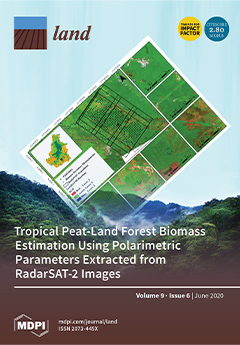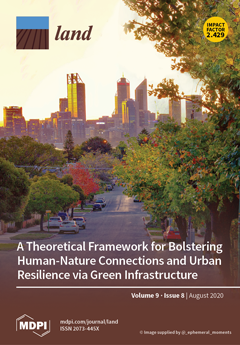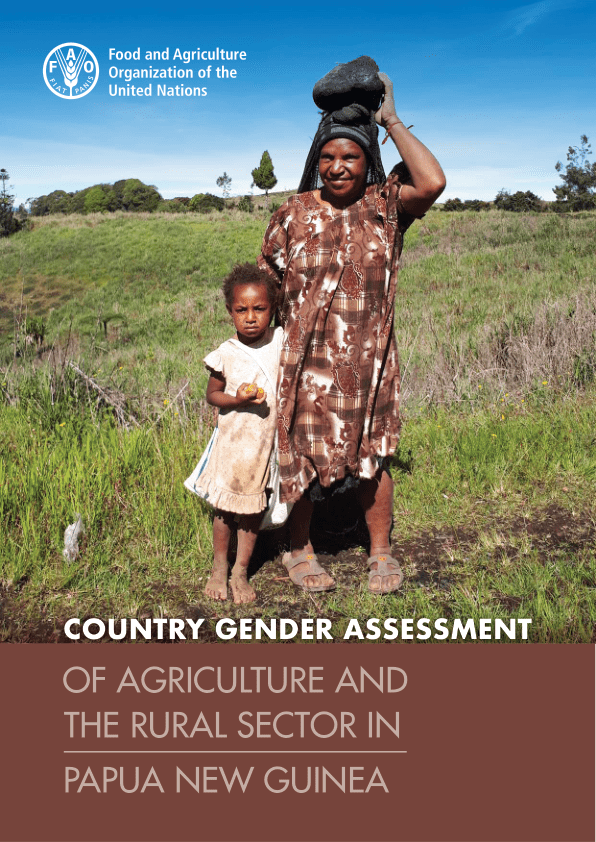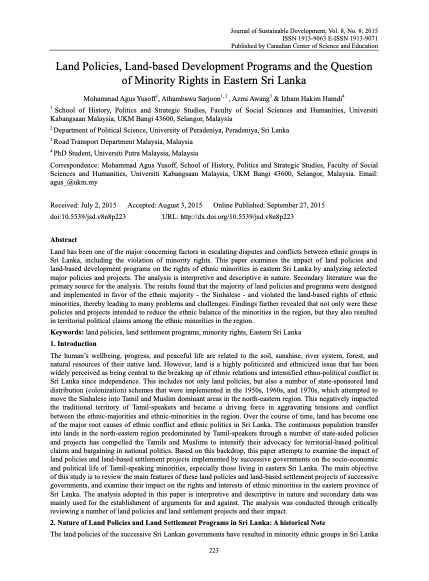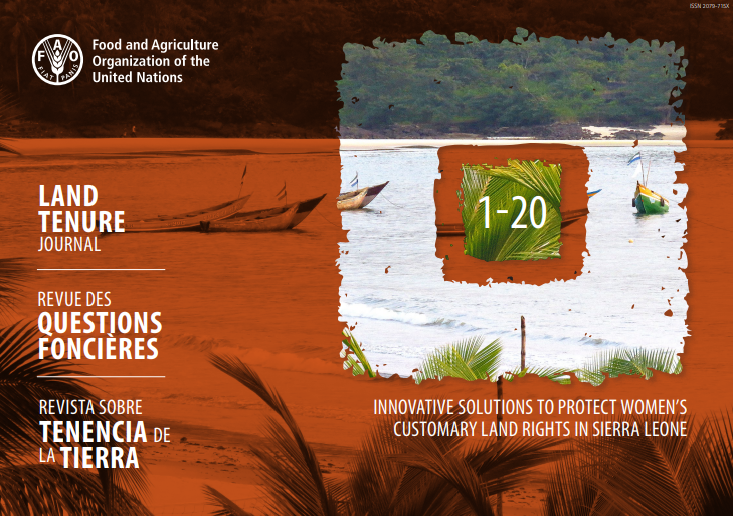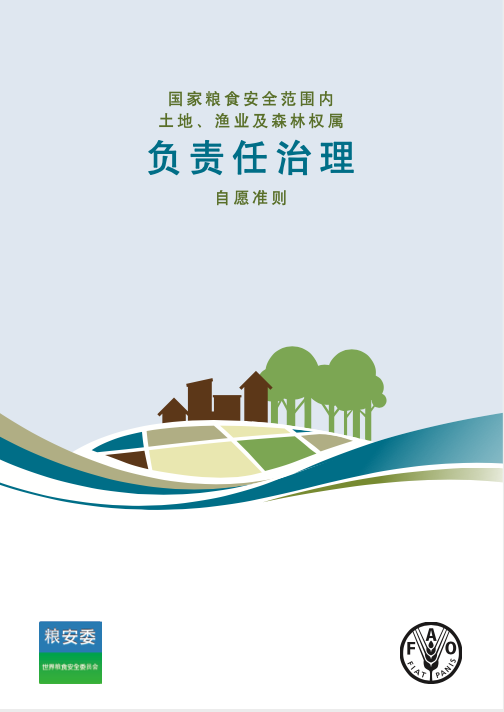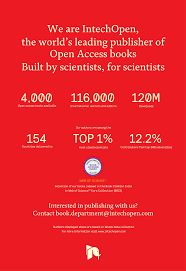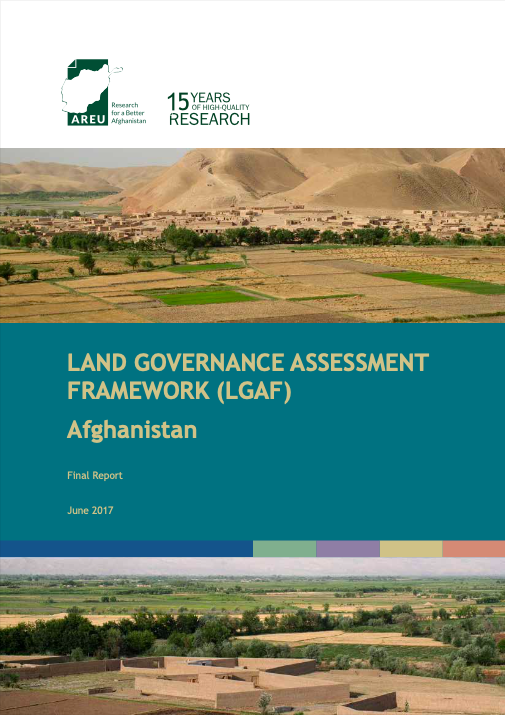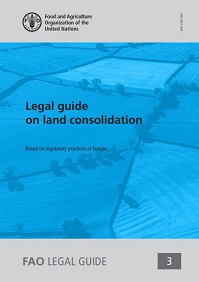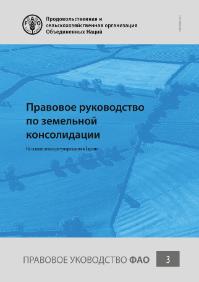The Nexus between Peri-Urban Transformation and Customary Land Rights Disputes: Effects on Peri-Urban Development in Trede, Ghana
Typically, peri-urban areas are havens and vulnerable receptors of customary land rights (CLRs) disputes due to the intrusion of urban activities or an uncoordinated mix of both. Although it is a dictum that CLRs cause setbacks to socioeconomic and spatial development, there seems to be a paucity of empirical studies on the effects of the CLRs disputes on the development of peri-urban areas, especially in developing countries, such as Ghana.

